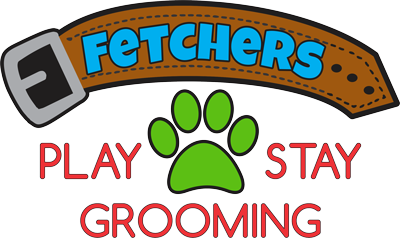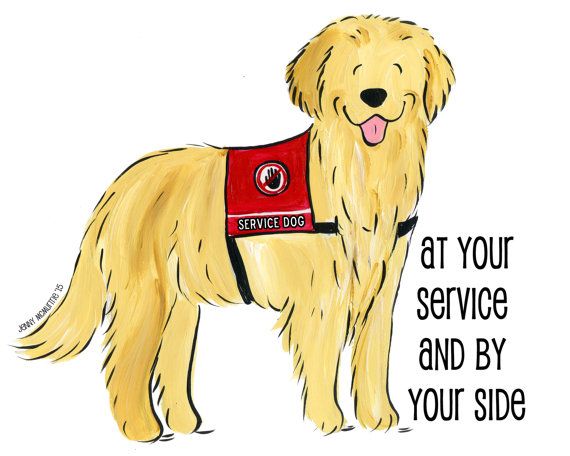Therapy Dogs
Our dogs are already our loving companion. But, if you or someone you know is considering a therapy dog, here is some helpful information to ensure there is a right dog for the job.
Definition– These dogs provide emotional support, comfort, therapy, companionship, therapeutic benefits, or promote emotional well-being. Emotional Support Animals do not have access to public areas as per ADA. However, this animal can get on an airplane with its handler as long as the handler provides FAA-required documentation and the animal is in its emotional support role for the flight and do have access to housing.
Steps to becoming a therapy dog– A therapy dog must be trained to do simple commands such as heel, sit, come, leave it, walking past a neutral dog, gently taking a treat/object. The dog should also be comfortable with actions such as handling paws and nails, grabbing the scruff, staring into eyes, prolonged hugs, grabbing of the tail, brushing, yelling, jerky movements, and crowded situations. Dogs should also be trained to handle unsettling situations such as loud noises, unusual smells, and wheelchairs.
Dogs are not suitable for therapy work if they are aggressive towards humans, aggressive towards other animals/dogs, if they are shy, if they are not house trained, and if they are not medically suitable (old age, fatigued, stiffness, excessive panting).
The human also needs to be trained in effective communication skills, they should know how to properly use a leash, use proper hygiene for the dog and themselves, and be trained in conflict management and stress reduction.
Difference between therapy and service dog–The Americans with Disability Act (ADA) defines a service animal as any dog specifically trained to provide assistance to an individual with a disability in completing tasks of daily living. Service animals perform some of the functions and tasks that the individual with a disability cannot perform for him/herself. If the service animal interferes with the provision of service or safety to the clients, the animal can be asked to leave, e.g., service animal growling at clients. Per the ADA, the term, “service animal” refers only to dogs and, in some cases, to miniature horses.

